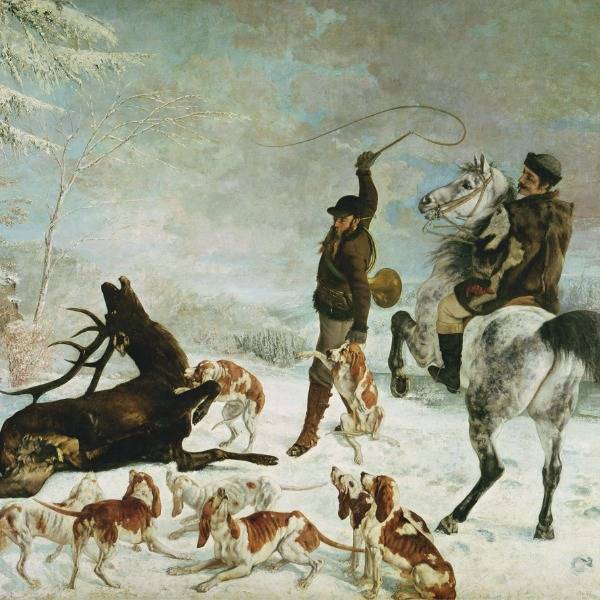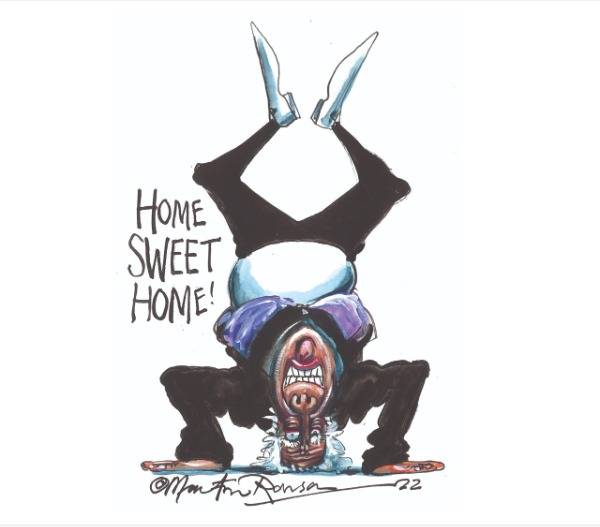This article is a preview from the Winter 2014 edition of New Humanist. You can find out more and subscribe here.
What keeps football interesting is the conflicts it creates (or reflects); the simmering battles between teams, players and supporters, all with different meanings attached to them by those involved. The way that teams’ fortunes fluctuate over time makes for an inexhaustible source of discussion, even if the cartels at the top of Europe’s major leagues have limited variety. Everyone involved realises that success only ever defers failure, which raises the question: what use is a glorious past if you’re losing now?
Historical animosity between supporters of rival teams is sometimes better understood than others. That Rangers and Celtic represent Protestant and Catholic groups in Glasgow is well known, for example, but few now have connections to the Millwall Athletic and Thames Ironworks (later West Ham United) players and supporters who competed for shipyard shifts in the 1890s. Yet, in both cases, the bitterness persists.
Having been immersed in the long, pointless rivalry between Norwich City and Ipswich Town for over 20 years, which persists purely because they play near each other, I’ve seen the title “Pride of East Anglia” change hands many times, and there are some supporters who care about little besides who currently holds it. After Norwich beat Ipswich twice in 2010-11 and got promoted to the Premier League, staying for three seasons, I could predict the online exchanges: you might be in the division above us now, argued Ipswich fans, but you’ll never match our history, pointing to their 1962 league title and 1978 FA Cup victory, amongst other decorations. Who cares, replied the City followers, declaring that the most recent contest, Norwich’s 5-1 win in Suffolk, was all
that mattered.
But every incident has a backstory. This feeds into how goals or wins are received, despite the awareness that their meaning can reverse in an instant. I’ll give an example, the goal that I celebrated the most ecstatically when it was scored: Grant Holt’s 84th-minute equaliser for Norwich against Manchester United in a Premier League match
in February 2012.
United had gone ahead after seven minutes, Norwich’s defence leaving Paul Scholes unmarked for an easy header. Norwich then had the better of the play, forcing several saves from United goalkeeper David de Gea before full-back Adam Drury crossed the ball and Zak Whitbread headed it down: Holt trapped it, turned and smashed in a shot from the edge of the penalty area.
With everyone else in Carrow Road’s Barclay End, I went berserk: we’d equalised against the reigning champions, who’d won 12 Premier League titles since the first competition in 1992-93, when they’d eclipsed us at the summit in the final few weeks after we’d been top nearly all season. Economically, so much had changed since then, and when City got promoted, we thought it impossible that our squad, mostly signed from England’s lower divisions, could compete with United’s international superstars, foreign owners and global fanbase. But here was Holt – who began as a part-time footballer and full-time tyre-fitter, working his way to the top flight with Norwich – pulling us level, making us believe that we might even beat them: a little revenge for that disappointment nearly two decades earlier.
For the next eight minutes I was on tenterhooks, thinking of nothing else but what unfolded before us. Then the endgame: United crossed to Ryan Giggs, who somehow managed to squeeze the ball between our goalkeeper and the post, scoring the kind of injury-time winner for which they became noted (or notorious) throughout the 1990s.
We were furious, the away fans were delirious: suddenly the story became that of Giggs keeping them in the title race alongside local rivals Manchester City, and of him destroying our dreams yet again, having scored in United’s win at Norwich in April 1993, ending our hopes of matching Ipswich’s single league championship.
Knowing that we’d lost, I marched out, livid. Three months later, after I’d seen Norwich beat Aston Villa on the final day of the season, I can’t have been the only one thinking back to Giggs’s goal when it emerged that Manchester City had taken the title with a 95th-minute winner in their game at QPR, which put them ahead of United on goal difference. Laughing and cheering, we shared the news, our amusement at what had happened in the present inseparable from our common understanding of football’s ever-changing past.

